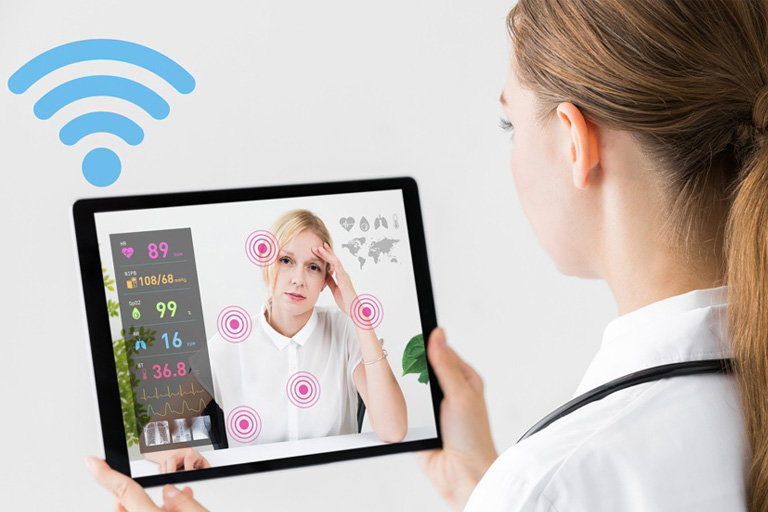Hospitals have made impressive leaps of improvement. If we roll back time only a few hundred years, we would still be performing bloodletting techniques with the thought that bad blood made a person sick and the only way to make them better was to leak out the blood slowly. Times have changed. Now we’re finding things like how to synthesize Yaku’amide which may hold the future of curing all cancers. The medical centers all over the world are excelling and changing faster and faster. So, what will the hospitals of the future hold for us?
- The Future Hospital will be Smaller
Most of the time, there are more beds than are needed a large hospital. In the coming years, hospitals will be made smaller so that they will be closer to the patient. Currently, large hospitals are in densely populated areas, which is perfect for those areas. However, for the people who live in the country, having a hospital that is an hour or two away is difficult. Hospitals will begin to branch off into smaller offices, even stand-alone ER facilities, to better care for a wider variety of people.
- There will more In-Home Visits
If you had the choice of staying home or going to the hospital, most people would choose to get the treatment in the comfort of their home. Going to a hospital is expensive, and it can be terrifying. It’s hard for family members to spend all day in those white rooms and the fact that someone is there injured is stressful by itself. By moving more doctors and nurses to work out of the comfort of that patient’s home, it puts less strain on the patient and gives them a better experience. Doctors and nurses will bring all the necessary equipment with them and set it up in your room so that you can comfortably be treated.
- More Efficient Treatments
As treatments are becoming more and more efficient, it also makes the procedure more accessible and more cost-effective. The goal is to have hospitals and still provide excellent care but at a fraction of the price. By making the facilities themselves more efficient, the cost of maintaining it will be less as well. Some hospitals are considering solar energy to run the daytime hours of the hospital to reduce the cost of electricity and make the hospital’s bills easier to cover. If the hospital can reduce its bill, they can lower yours. Another benefit is that they are finding new cures to illnesses every day. The cure for cancer is being pursued rapidly, and many think that the cure will be found within just a few years. Thousands of lives will be saved.
- Telemedicine
Sometimes, making it to a hospital is not an option. Mothers can’t choose the time or location that a child is born and sometimes, mothers are forced to have their children in the back of a car or the bathtub at home. For stroke victims, we also need a way to walk them through what to do and to instruct the people around them to care for them while the doctors are on the road. That’s where telemedicine comes into play. It is the use of telecommunication and information technology to provide clinical health care from a distance. It has been used to overcome distance barriers and to improve access to medical services that would often not be consistently available in distant rural communities. It will provide help to those who are not in range of a hospital and help those who cannot make it to a hospital in time.
There are so many advances being made in the health industry. Doctors and nurses are better trained, and the facilities are changing to make your stay more effective and more comfortable on the wallet. As time goes on, these changes will save and improve millions of lives worldwide and make life easier.


















